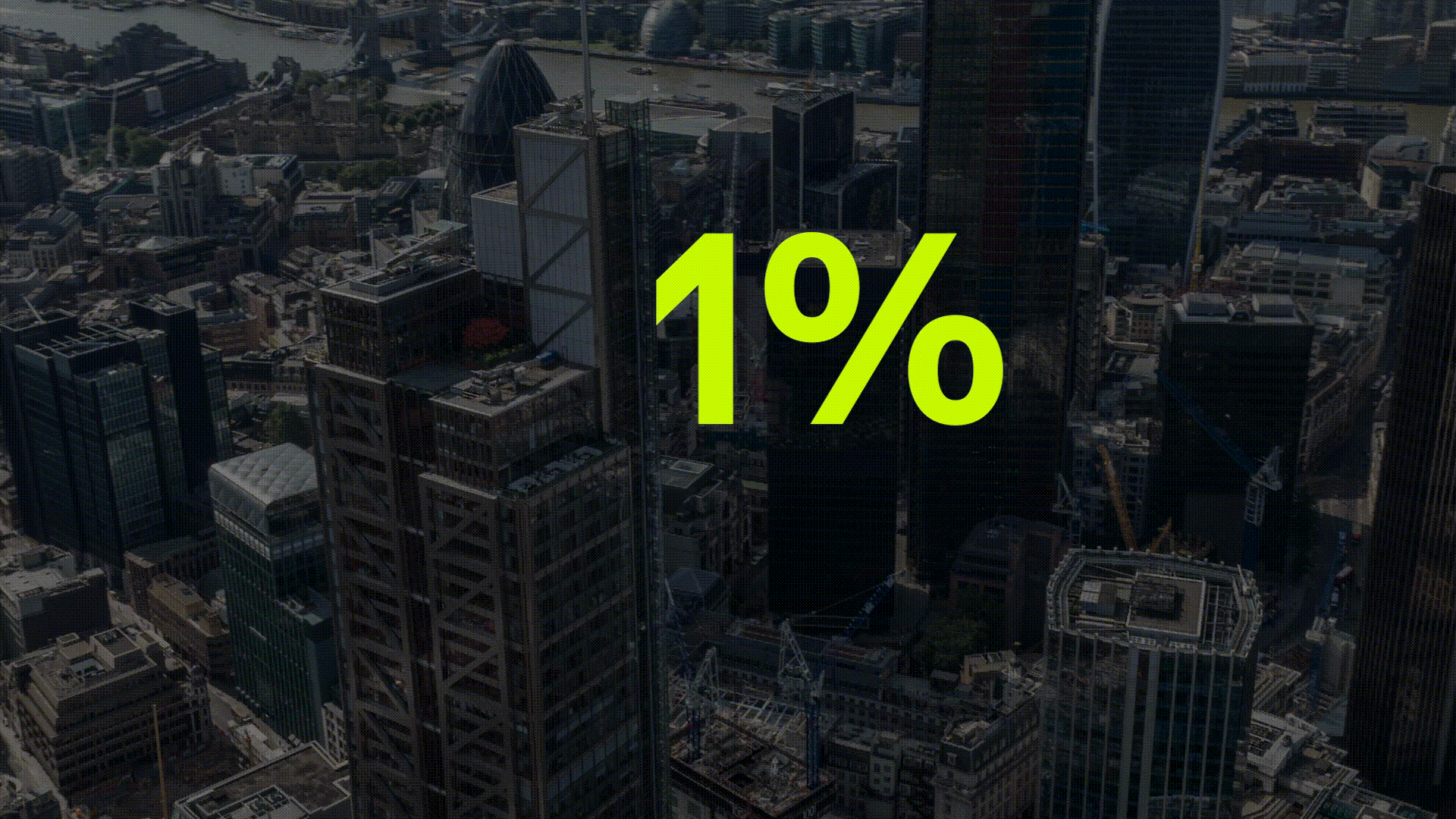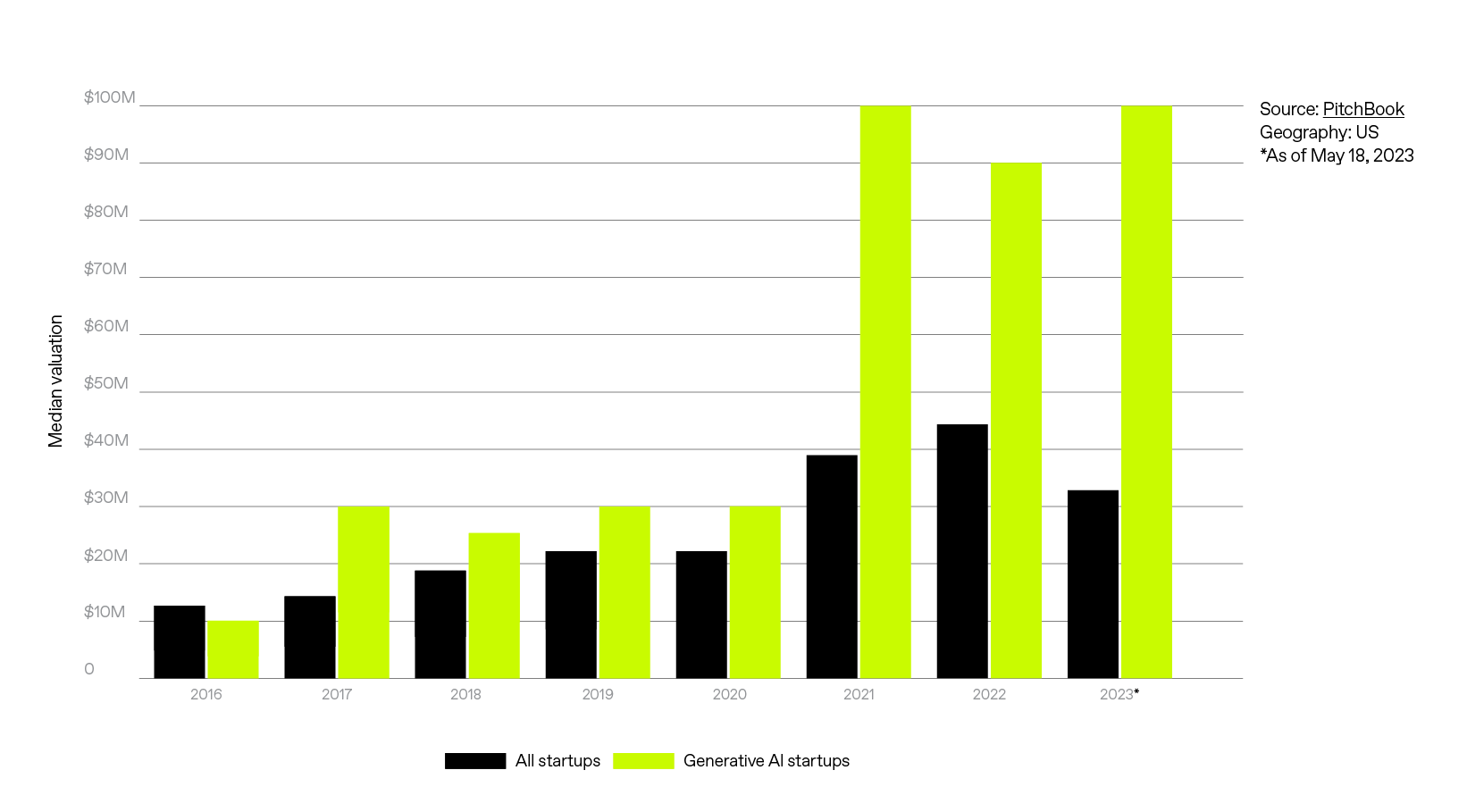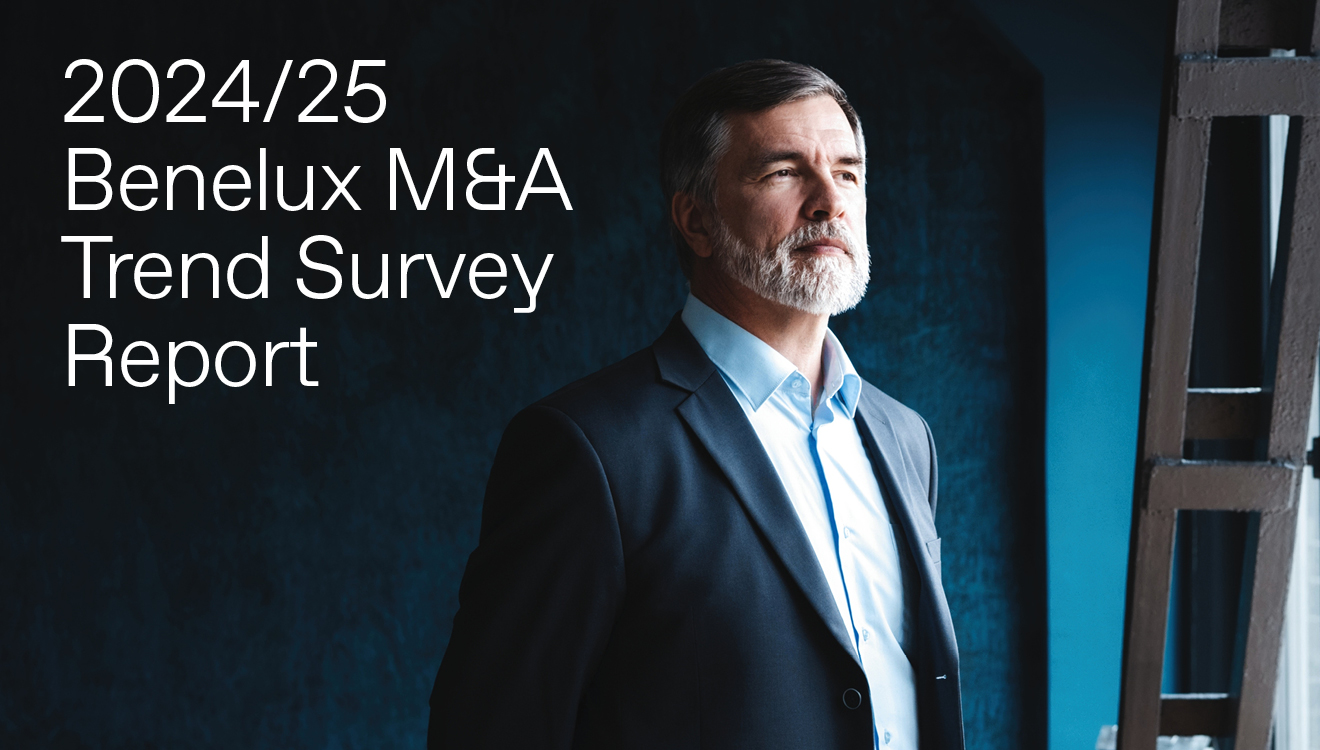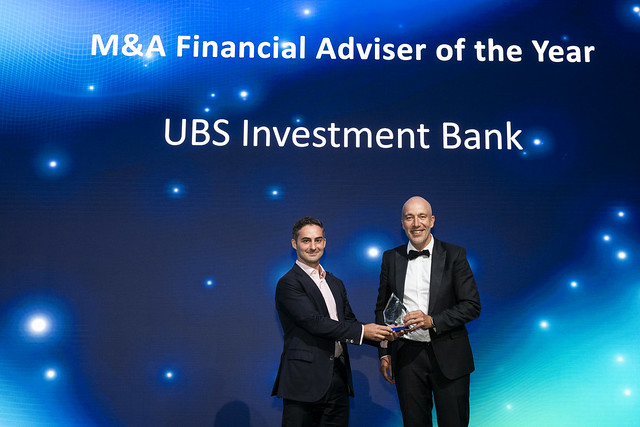Has the capital raising slump hit bottom?
New capital raising activity was up by 15% this quarter (QoQ), and up 2% over the whole financial year (YoY), showing initial promising signs of a turnaround after a slow 2022 and start to 2023.
By AnsaradaTue Aug 29 2023Capital raising, Industry news and trends

According to data from Crunchbase, global funding in the first quarter of 2023 only reached $76 billion —a 53% decline YoY compared to $162 billion in the first quarter of 2022.
"Undoubtedly it is still a challenging market in which to raise capital. While VCs and PEs have plenty of dry powder, the theme of the last quarter is the deployment of capital to their existing portfolio companies and more caution being directed towards new investments. Certainly, the terms on which capital is being offered to new investments is very investor friendly," said Jo Ruitenberg, Partner at Hamilton Locke.
Despite the decrease in activity, private company investors are sitting on record levels of uninvested capital, and it’s anticipated that new opportunities – particularly those related to AI technology and sustainability – will drive activity into the year.
Early-stage investors are now living in two different worlds. According to Pitchbook, the first part involves reviewing startup pitches showcasing the potential of generative AI, and the other involves supporting existing portfolio companies as they do their best to survive.
While investors may be taking a cautious approach to ‘everything else’, given the uncertainty of the market, generative AI is being measured on very different criteria – ‘sheer potential’.
As the below graph from Pitchbook demonstrates, the transformative power of new AI technologies should not be underestimated.
"Undoubtedly it is still a challenging market in which to raise capital. While VCs and PEs have plenty of dry powder, the theme of the last quarter is the deployment of capital to their existing portfolio companies and more caution being directed towards new investments. Certainly, the terms on which capital is being offered to new investments is very investor friendly," said Jo Ruitenberg, Partner at Hamilton Locke.
Despite the decrease in activity, private company investors are sitting on record levels of uninvested capital, and it’s anticipated that new opportunities – particularly those related to AI technology and sustainability – will drive activity into the year.
Generative AI is creating buzz
Early-stage investors are now living in two different worlds. According to Pitchbook, the first part involves reviewing startup pitches showcasing the potential of generative AI, and the other involves supporting existing portfolio companies as they do their best to survive.
While investors may be taking a cautious approach to ‘everything else’, given the uncertainty of the market, generative AI is being measured on very different criteria – ‘sheer potential’.
As the below graph from Pitchbook demonstrates, the transformative power of new AI technologies should not be underestimated.

Is the purpose-driven investor calling the shots?
The nature of the venture capital investor is changing. According to Steve Maarbani, CEO and founder of VentureCrowd, younger investors have different priorities that are influencing their funding decisions. “This group is much more purpose-driven than we’ve seen in the past. They’re tending to prioritize their investment decisions around things like sustainability, egalitarianism and social-cohesion concepts alongside financial returns in a way that previous generations haven’t,” says Maarbani.
Gone are the days when securing capital was solely about profits. Today, sustainability concerns reign supreme in the world of raising. To meet investor demand and attract investment, organizations today need to prove their commitment to sustainability.
93% of global institutional investors actively consider ESG and sustainability in their investment decisions, with 17% considering it a critical factor (Business Green).
Morgan Stanley’s Institute for Sustainable Investing 2021 report showed that 79% of all investors and 99% of millennial investors reported interest in sustainable investing. Their research also showed that sustainable funds outperformed traditional funds, and the S&P 500 ESG Index has outperformed the broader S&P 500 for the past decade.
Sustainable businesses are associated with higher resilience and decreased volatility. Historically, sustainable funds have bounced back during economic downturns including the 2008 and 2018 market breakdowns.
For these reasons, ESG investments are starting to be viewed by many as a buffer against current market uncertainties. Factors like effective governance, transparent supply chains, and reduced environmental impact can shield companies from ESG-related risks, which have the potential to increase volatility and disruption.
On the flip side, failure to address sustainability issues – or failure to address them early enough – leads to risk. Companies seeking capital need to be prepared for ESG issues to be raised and questioned by investors. Sub-par disclosures on ESG will put companies at risk of losing access to key sources of capital.
To get the highest valuation and the largest pool of potential investors in a raise, quality sustainability disclosures at the due diligence stage are a must-have. Given the overwhelming benefits, being required to disclose sustainability information should be viewed as an opportunity, rather than a hurdle.
Leading indicators from more than 400,000 data points
We’ve taken more than 400,000 raw, anonymized data points from more than 35,000 deals – including those that are active and ongoing – and ordered them to surface emerging trends across deal types and industries.
Download the FY24 Deal Indicators report

